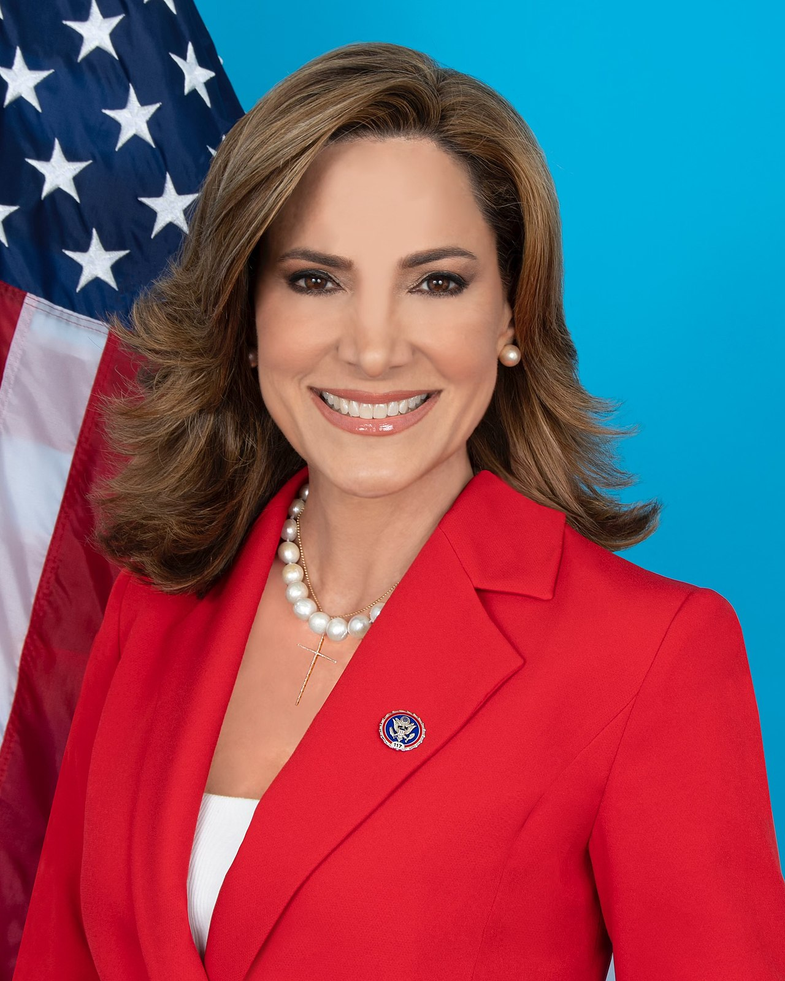H.R. 5246: To provide for the political affairs authorities of the Department of State, and for other purposes.
This bill proposes several changes and additions to the structure and responsibilities within the Department of State, particularly concerning political affairs. Below are the main components of the bill broken down for clarity:
Creation of Key Positions
The bill establishes the following key roles within the Department of State:
- Under Secretary for Political Affairs: This position will oversee matters related to regional and bilateral diplomacy and ensure the implementation of U.S. foreign policy.
- Ambassador-at-Large for the Arctic: This role is tasked with overseeing U.S. interests in the Arctic region, focusing on energy exploration, environmental conservation, trade, and infrastructure development.
- Ambassador-at-Large for the Indian Ocean Region: This ambassador will coordinate U.S. diplomatic efforts in the Indian Ocean and identify strategic interests in the area.
- Assistant Secretaries for various regions: The bill authorizes the creation of Assistant Secretaries for East Asia and Pacific Affairs, African Affairs, Near Eastern Affairs, and South and Central Asian Affairs, who will report to the Under Secretary for Political Affairs.
Funding Provisions
The bill includes provisions for the appropriation of necessary funds to support the activities of the Under Secretary for Political Affairs and the regional assistant secretaries for the fiscal years 2026 and 2027.
Changes to Bureau Jurisdiction
Before the Under Secretary can change the geographic or functional jurisdiction of any regional bureau (such as adding or removing countries), they must notify the relevant congressional committees at least 15 days prior to the change. This notification must include justification for the change and an explanation of its potential implications.
Countering Influence from China
The bill also establishes a new unit within the Bureau of East Asian and Pacific Affairs, called the Countering PRC Influence Fund Unit. This unit will:
- Identify strategic priorities to counter activities stemming from the People’s Republic of China (PRC) that undermine U.S. interests.
- Oversee programming intended to counter Chinese influence and ensure that such initiatives align with U.S. foreign policy goals.
- Conduct evaluations of these initiatives to ensure effectiveness and efficiency.
Regional Focus Areas
The bill highlights several key focus areas for U.S. foreign policy, including:
- Energy exploration and development in the Arctic.
- Trade and economic development in the Indian Ocean region.
- Coordinated diplomatic efforts across various U.S. agencies to address strategic interests in designated regions.
Coordination Among Agencies
The Ambassador-at-Large for the Indian Ocean will work with various U.S. agencies to harmonize diplomatic, military, economic, and developmental efforts in that region. This role will also include representation in international organizations and multilateral conferences concerning the Indian Ocean countries.
Expedited Process for Appointments
The bill mandates that the President nominate an individual to serve as the Ambassador-at-Large for the Indian Ocean Region by April 1, 2026, to ensure timely establishment of leadership in this area.
Implementation Timeline
Several provisions in the bill stipulate timelines for appointments and funding authority, particularly emphasizing the need for immediate actions to enhance U.S. diplomatic presence and efficacy in targeted regions.
Relevant Companies
None found
This is an AI-generated summary of the bill text. There may be mistakes.
Sponsors
1 sponsor
Actions
5 actions
| Date | Action |
|---|---|
| Sep. 18, 2025 | Committee Consideration and Mark-up Session Held |
| Sep. 18, 2025 | Ordered to be Reported (Amended) by the Yeas and Nays: 49 - 0. |
| Sep. 17, 2025 | Committee Consideration and Mark-up Session Held |
| Sep. 10, 2025 | Introduced in House |
| Sep. 10, 2025 | Referred to the House Committee on Foreign Affairs. |
Corporate Lobbying
0 companies lobbying
None found.
* Note that there can be significant delays in lobbying disclosures, and our data may be incomplete.
Potentially Relevant Congressional Stock Trades
No relevant congressional stock trades found.
